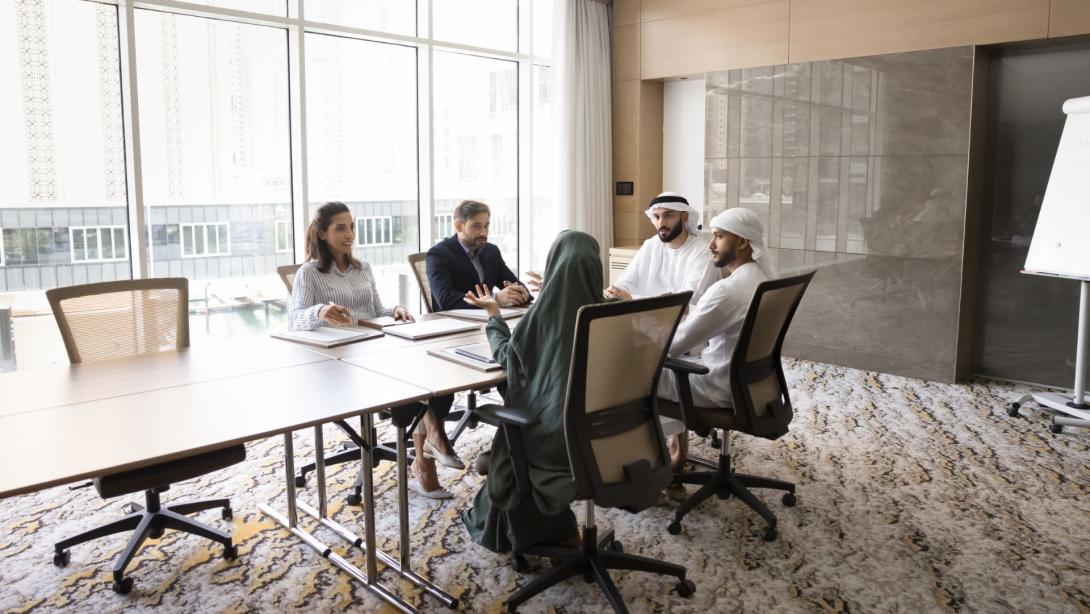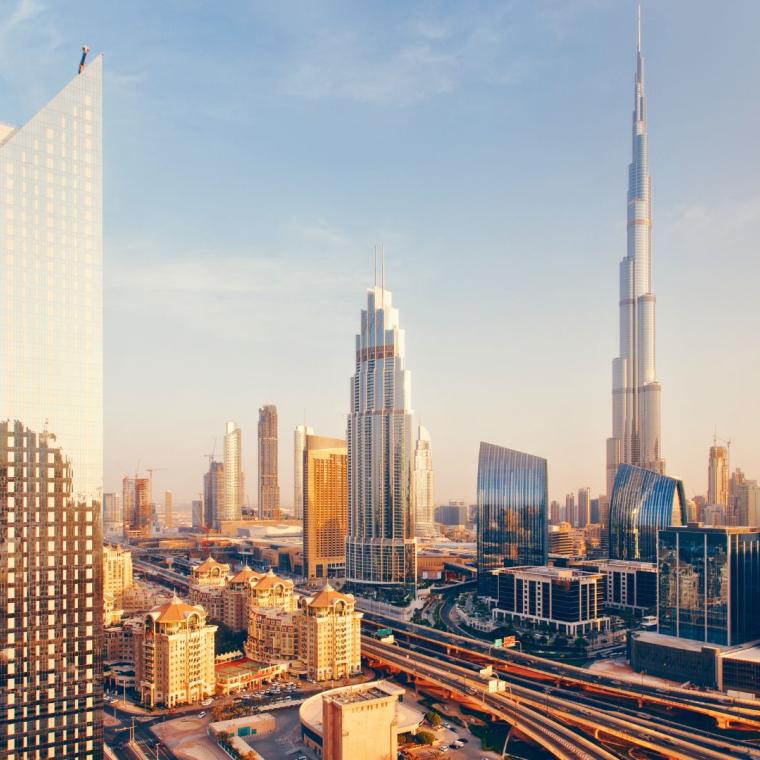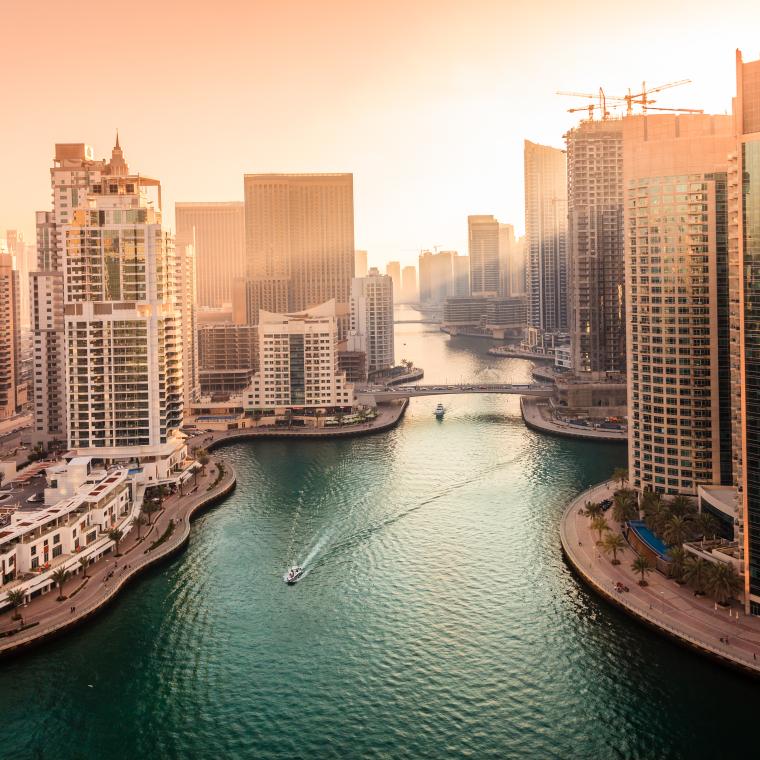
When establishing an investment fund in the UAE, the Dubai International Financial Centre (DIFC) and the Abu Dhabi Global Market (ADGM) are the two primary jurisdictions to consider. Both offer 100% foreign ownership, robust regulatory frameworks, and attractive 0% tax environments, but they differ in regulatory style, focus, and operational specifics.
Below are the key considerations for establishing funds in DIFC and ADGM:
1) Regulatory authority & legal system
DIFC is regulated by the Dubai Financial Services Authority (DFSA), whereas ADGM is overseen by the Financial Services Regulatory Authority (FSRA). Both are English common-law jurisdictions; however, ADGM directly applies English law within its framework, while DIFC has its own laws (with English law used as a fallback when a DIFC law is not available). This means ADGM’s legal system closely mirrors UK law, whereas DIFC’s is an independent common-law system aligned with international standards.
2) Regulatory approach
DIFC’s regulatory regime is well-established and emphasises investor protection and market integrity under the DFSA’s clear guidelines. ADGM offers a more flexible, innovation-friendly regulatory regime, with the FSRA known for a forward-thinking stance. For example, ADGM was among the first regulators globally to introduce a dedicated framework for crypto assets.
3) Tax environment
Both DIFC and ADGM provide a highly tax-efficient environment. Funds and fund managers in both jurisdictions enjoy zero corporate tax, no personal income tax, and no capital gains tax on income earned in the centre. This 0% tax regime is a significant draw for international fund managers and investors in both DIFC and ADGM.
4) Fund manager and fund setup timeline
The regulatory approval process for a fund manager (category 3C firm) can take between 12-16 weeks after the application is made to the respective regulator. Establishing a fund and obtaining the necessary licences is relatively fast in both centres. On average, incorporation and regulatory approvals take on the order of one to two weeks – roughly 5–10 working days in DIFC and 7–10 working days in ADGM for fund-related entities. Both jurisdictions have streamlined application processes, though exact timing can vary with the complexity of the fund and completeness of documentation.
5) Fund manager cost considerations
For fund managers evaluating a presence in the UAE, cost is a central factor when choosing between the DIFC and ADGM. Both jurisdictions require a physical presence, which includes office space in designated financial zones—often at premium commercial rates—with DIFC generally perceived as having higher real estate costs due to its central Dubai location but is attractive from a personnel perspective.
In addition, ongoing operational costs such as minimum staffing requirements, outsourcing of compliance officer and MLRO appointments, and audit obligations can differ between the two jurisdictions.
Firms should also factor in the regulatory application and annual supervision fees, which vary depending on the type of fund manager license sought. Managers should budget for legal and regulatory advisory costs during the application process, especially if seeking waivers or pursuing complex fund structures. While neither DIFC nor ADGM publishes a definitive “all-in” set-up cost, the overall financial commitment can be significant—making it essential for fund managers to conduct a detailed cost-benefit analysis aligned with their strategy, investor base, and anticipated assets under management.
6) Compliance & oversight
Both jurisdictions uphold rigorous compliance and investor protection standards, adhering to international best practices (DIFC’s DFSA, for instance, models its funds regime on IOSCO principles to protect investors and is similar to UK FCA standards).
Fund managers in both DIFC and ADGM must meet strict Anti-Money Laundering (AML), governance, and reporting requirements. That said, ADGM offers a somewhat streamlined compliance process for certain structures, which appeals to startups and smaller fund managers looking for efficiency. In both cases, robust oversight (independent regulators and courts) ensures that investors are well-protected under the law. Many firms have outsourced compliance officer and MLRO roles to regulatory and compliance service providers.
7) Fintech & innovation
DIFC hosts a mature fintech ecosystem, including one of the region’s top fintech accelerators (DIFC FinTech Hive), which gives fintech startups and financial services firms access to mentorship and a network of global banks and VCs. ADGM, by contrast, has positioned itself as an innovation hub – it established a Digital Lab with a regulatory sandbox to foster fintech innovation, and it took a pioneering role in regulating digital assets (attracting major crypto players, such as Kraken and Binance to choose ADGM as its UAE base).
8) Ecosystem & infrastructure
DIFC offers a large, bustling financial ecosystem within Dubai. It has a concentration of international banks, law firms, auditors, and other service providers, making it easy to find local expertise and talent. Its infrastructure includes Grade-A offices, co-working spaces, and a vibrant business community in the heart of Dubai’s financial district.
ADGM’s ecosystem is newer and more boutique. Located on Abu Dhabi’s Al Maryah Island, it provides a modern yet quieter environment with high-end infrastructure. While smaller in scale, ADGM is rapidly attracting global institutions and building out its network of professional services, benefiting from Abu Dhabi’s strong economic backing. Fund firms that value a less congested setting with growing support services may find ADGM’s setting appealing, whereas those who prefer a large established network often lean towards DIFC.
9) Track record & reputation
DIFC has a two-decade track record (established 2004) and is internationally recognised as a leading financial centre. This long history translates to credibility and trust among global investors and institutions – a fund domiciled in DIFC may carry prestige by association. ADGM is newer (established 2015) but has quickly built a solid reputation by leveraging Abu Dhabi’s stability and adopting world-class standards. ADGM’s rapid rise and strong regulatory regime have instilled confidence, though it is still in growth mode. The choice may hinge on whether one prioritises an established brand (DIFC) versus a quickly emerging centre backed by one of the wealthiest emirates (ADGM).
10) Choosing the jurisdiction
Ultimately, the best choice between DIFC and ADGM depends on the fund’s specific needs and strategic priorities.
DIFC is ideal for larger or established funds seeking a well-established hub with an extensive financial network and ecosystem.
ADGM is well-suited for fund managers with proximity to sovereign wealth funds and institutional wealth.
In practice, fund managers often assess their investor base, budget, and focus area (traditional investment vs. crypto/fintech, etc.) to decide which jurisdiction aligns best with their objectives.
How can Ocorian help?
If you are a fund manager considering expansion/ set up options in the UAE reach out to our UAE team. We provide support from the initial concept, providing firms with:
advice on corporate set up and structuring decisions
engaging in conversations with regulatory bodies
preparing and finalising the formal application forms.
We can support you at every step of the process as you look to set up a presence in the DIFC and ADGM.


